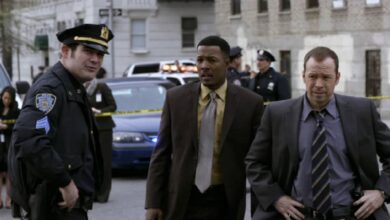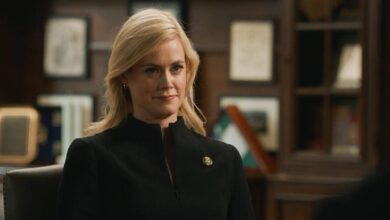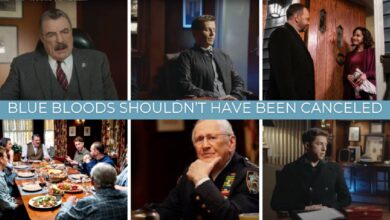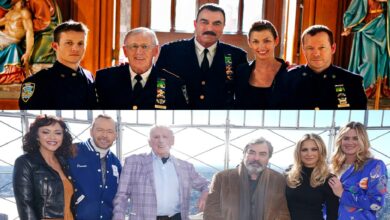A Homicide: Life On The Street Reboot Would Blow Blue Bloods Out Of The Water
There’s never been a procedural drama that has interrogated the complexities of the American legal system quite like “Homicide: Life on the Street.”
The series cut a cultural swath across television, changing what shows about police officers looked and sounded like. Its honesty paved the way for other gritty programs like “NYPD Blue,” which came out just a season after “Homicide” debuted.
Before then, TV shows had never shown police officers who had inter-case conflicts, or a world where perps got away with their terrifying crimes with impunity. “Homicide” was miles away from “Hill Street Blues” and other procedurals where cops saved the day regularly, and that’s what made it special.

Here’s the thing. Decades later, the cop drama that now dominates the airwaves is “Blue Bloods,” a series that fails to do exactly what “Homicide” did so well.
Sure, the Reagan family doesn’t always get it right, and sometimes they lose, more often than not they’re painted as being morally righteous and justified in whatever amount of force they choose to use.
Meanwhile, “Homicide: Life on the Street” showed that there were (or should be) limits to the power of even the most powerful agent of the law.
In the 2020s, as “Law & Order” runs out of steam, and as “Chicago P.D.” – the true spiritual successor of “Homicide” — is starting to annoy audiences, it feels like a good time for NBC to revisit one of its most popular shows. Because a new “Homicide: Life on the Street” show would change the landscape of television procedurals once again — and blow the staider and more traditional “Blue Bloods” out of the water.
In the world of Homicide: Life on the Street, the bad guys can win
Probably one thing that “Homicide: Life on the Street” did even better than “Blue Bloods” does today is that it was never afraid about letting the messier lives of its main cast become part of their current cases.
Even rewatching “Homicide” today, it’s remarkable how often questions of religion and ethical clarity pop up, and that the show allows there to be no real right answer.
No one ever asks questions like that of the Reagans. CBS’ first family of cops are sometimes haunted by the death of Joe Reagan in the line of duty, and very occasionally his memory interferes with their policing duties.
But the character’s lives never run into deeper questions of moral calamity. What’s good is good and what’s bad is bad, and the Reagan clan embody this sort of thinking to a tee. There isn’t a dirty cop or crooked politician among them.
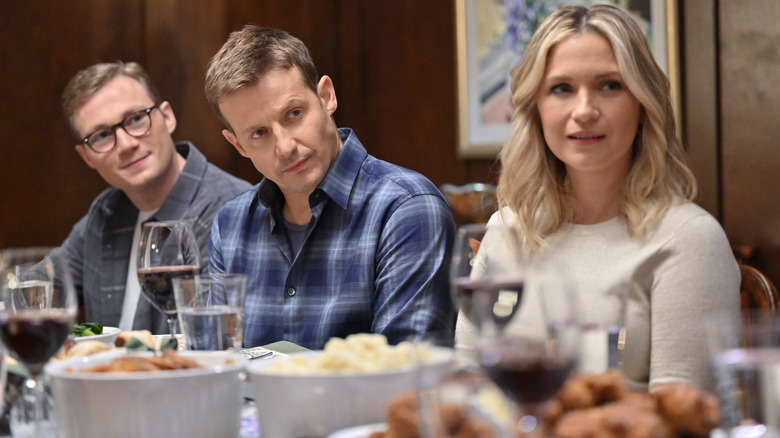
“Homicide: Life on the Street” sits at the opposing end of the legal spectrum. The show’s officers get things wrong; sometimes they even try to bend the law to get the results they desire most
. Sometimes their messy loves lives and even messier personal beliefs ruin cases they are working on, and various off-the-job issues can further strain these situations.
However, on “Blue Bloods,” when Eddie (Vanessa Ray) and Jamie (Will Estes) get together and married, there is barely a peep about professional conduct to be had.
While not every single police procedural needs to be a perfect reflection of reality, sometimes it’s nice when a show drills down and takes a deeper look at why and how characters are the way they are. “Homicide” never failed to do this.
Homicide had a narrative complexity that Blue Bloods lacks
“Homicide: Life on the Street” is a show that spends full episodes showing how incredibly hard it is to be a homicide detective. It also doesn’t depict it as a calling, but as a job — something you check into and out of on a daily basis.
At the same time, though, it’s a show that stands out from similar programs today for its willingness to break formulas and routines.
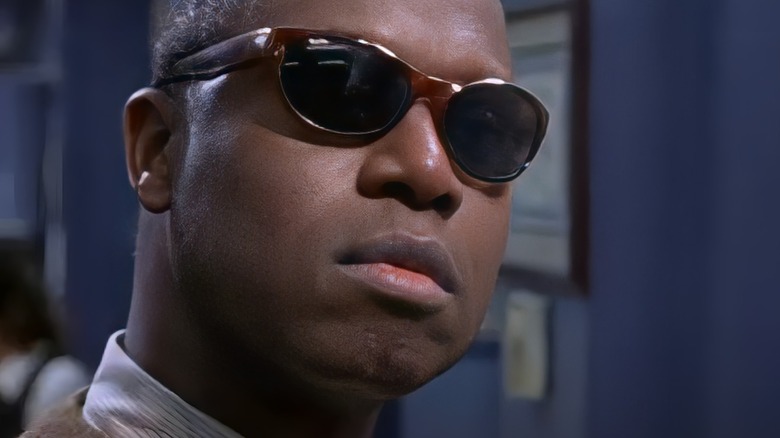
“Homicide” could even sometimes be funny, as in “The Wedding” from Season 4, which sees the entire precinct turn itself upside-down to prepare for Meldrick Lewis’ (Clark Johnson) impromptu marriage.
The visual language of “Homicide” is also still impressive today compared to contemporary shows like “Blue Bloods,” as the older program’s use of handheld cameras captures a raw, grainy look that makes its version of Baltimore feel all-too-real.
A Homicide reboot can ameliorate some of the source material’s mistakes (in ways Blue Bloods would never dare)
While we’ve praised “Homicide: Life on the Street” for its more accurate depiction of the complicated and sometimes unrewarding work involved in policing, a reboot could also do something truly meaningful by leaning into the harsh realities of criminal justice in ways that even the original series didn’t — ways that, in fact, would send “Blue Bloods” producers running in fear.




